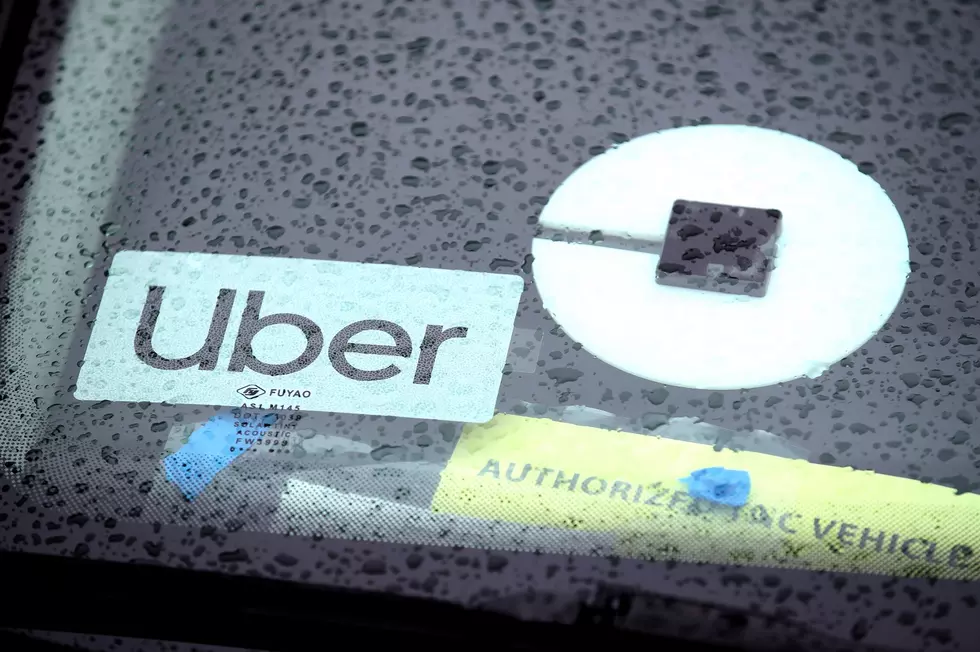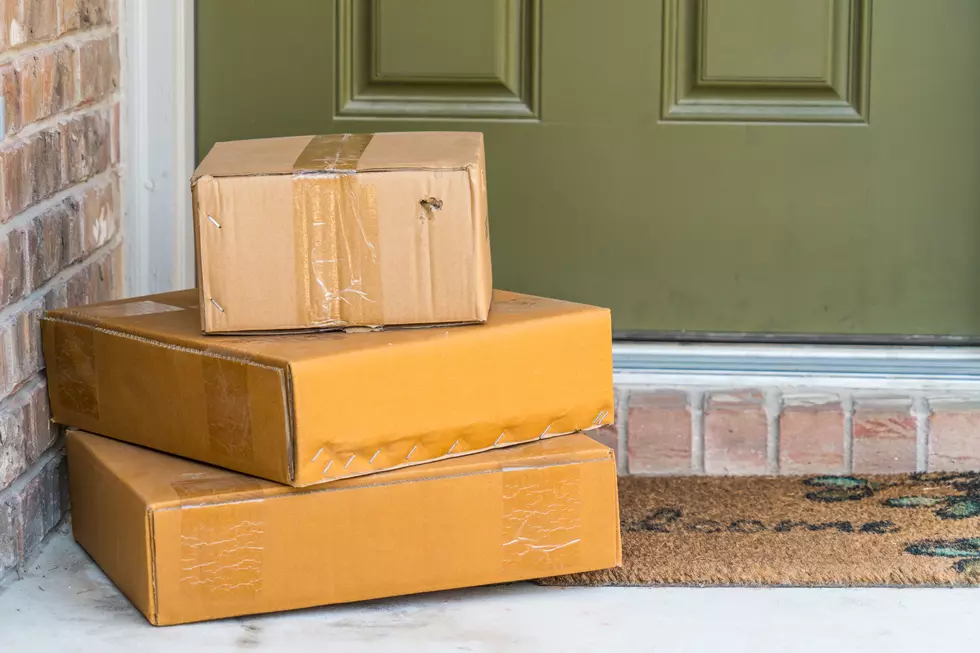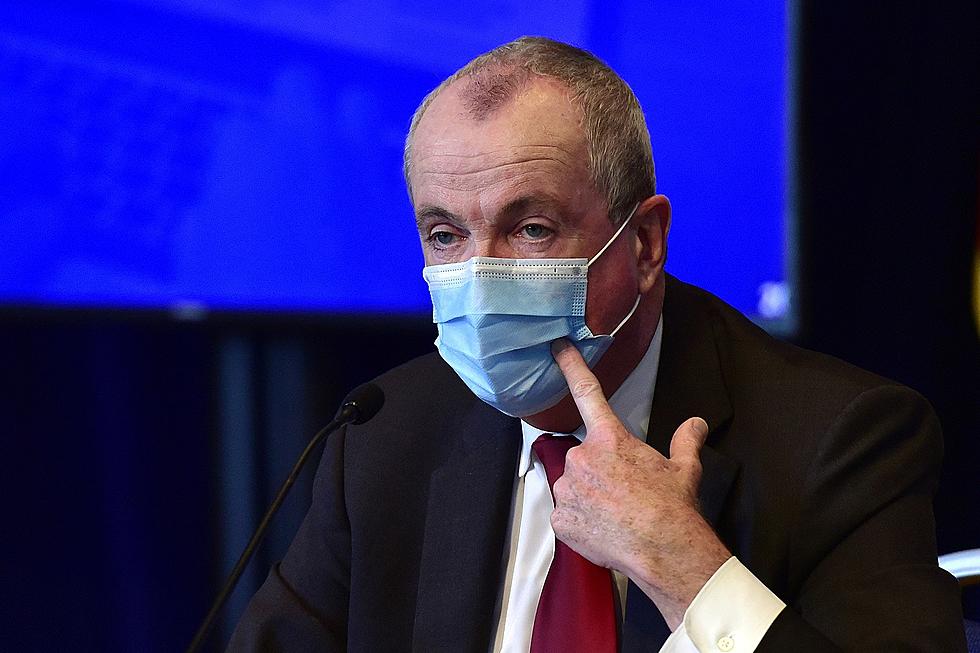
Online shopping? Your personal data is probably at risk
With online shopping expected to rise this holiday season due to the pandemic, 91% of adults have unnecessarily put their personal data, according to a new Bankrate.com report.
Credit cards analyst Ted Rossman said 80% of Americans surveyed are guilty of reusing their online passwords — the most common questionable behavior. Additionally in the past year, 45% have saved passwords on a computer or phone, 39% saved payment information on a computer or phone, 36% used public Wi-Fi and 28% used an ATM somewhere other than a financial institution.
There are steps to mitigate the danger of all of those behaviors — but they all carry some inherent risk.
To protect data information, Rossman suggested using a password aggregator that will set strong, unique passwords for all of a user's sites but only requires the user to remember the one master password. LastPass is one such solution. There are others built into browsers such as Google Chrome.
Rossman also recommended taking smart, easy steps to protect personal data, such as freezing your credit and monitoring transactions and credit reports regularly. If someone does all that, he or she is either going to prevent the problem or catch it early.
False fraud alerts are also on the rise, according to the report. 43% of American adults have received false fraud alerts concerning their credit or debit cards. What's interesting, Rossman said, is that of those who have received fraud alerts for legitimate transactions, 27% would be annoyed if it were to happen again, 23% were unbothered and another 23% were relieved that the banks were looking out for them.
At a time when most people are probably not vigilant enough about their data security, banks are being over-vigilant, Rossman said. He said it's very important that consumers are accessible. Make sure the bank can reach you and you can respond to it quickly if you get a false fraud alert.

Rossman believes there will be more false fraud alerts this holiday season.
"People might be shopping on unfamiliar sites and racking up charges, so you just want to make sure that you can prove that it's you," he said.
Legitimate fraud alerts are also on the rise — and it's good that fraudulent transactions are being caught, Rossman said. A lot of the fraud has been pushed online because chip cards are very good at deterring fraud in person, he said. He suggested using credit cards rather than debit cards so others don't have access to your checking account information.
Also, use a virtual card number if possible. A couple of banks offer this, Rossman said. Consider using PayPal as a virtual card or an intermediary that's not exposing a person's true credit card information.
More From Townsquare Media News:
7 Ways To Manage Anxiety/Depression During COVID-19 Pandemic
More From 105.7 The Hawk










